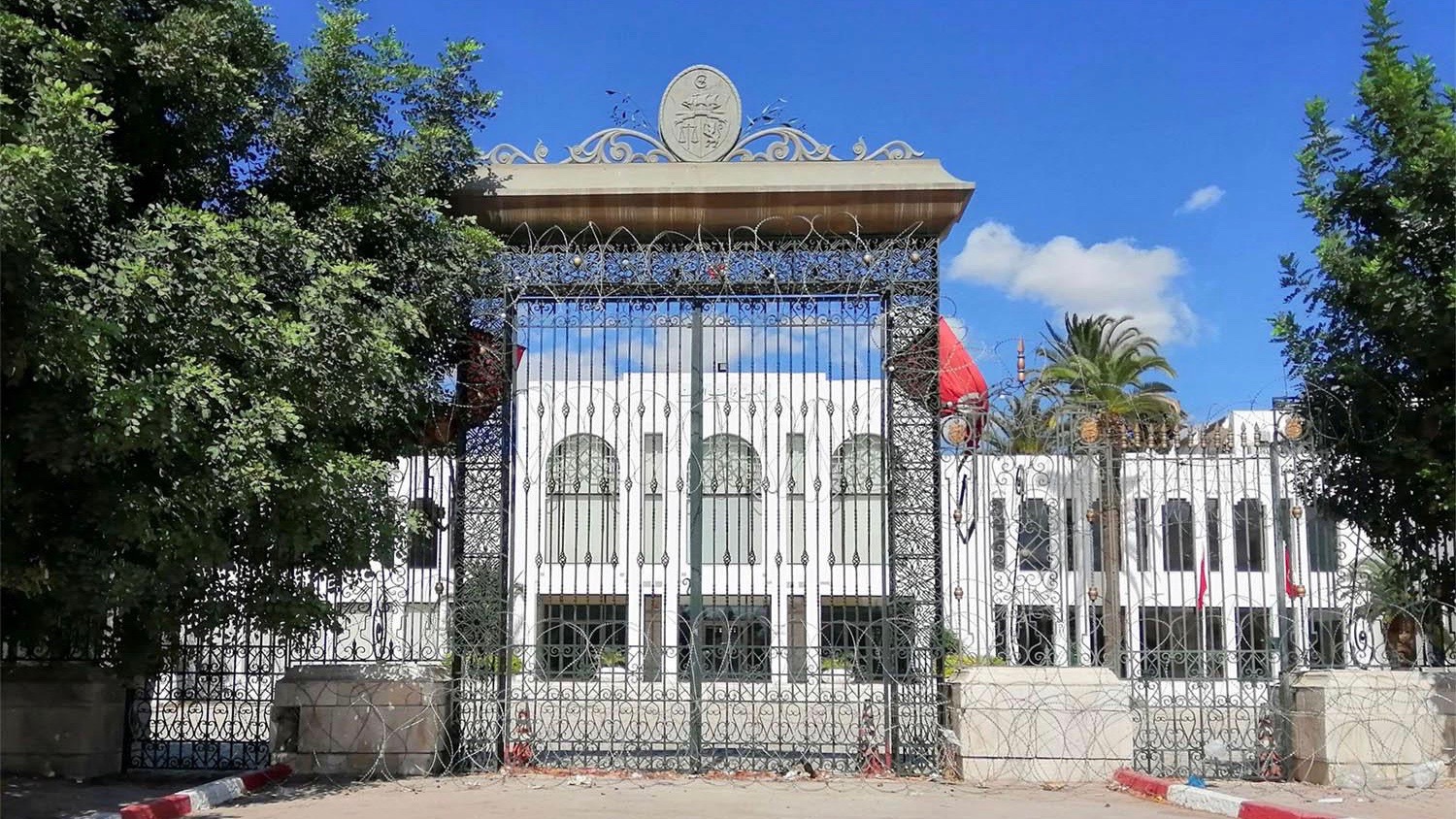In its most defiant move against President Kais Saied, the Tunisian parliament in an online session on Wednesday, March 30, voted to repeal all the extraordinary measures taken by him over the past months to usurp virtually absolute control of the country. Just hours after the suspended parliament passed the symbolic vote by a majority, the president dissolved the body. He had previously suspended the parliament eight months ago. The developments threaten to push Tunisia into further political chaos and instability even as the economy continues to decline.
According to news reports, 123 parliamentarians attended the session convened to vote on the extraordinary measures taken by the president since last July. These include suspending the parliament and firing the prime minister, virtually taking over all executive and legislative power. The session was initially going to be held using online video applications Zoom and Microsoft Teams but at around 2 pm on Wednesday, both applications as well as the parliament’s website were blocked. The session was then held on the GoToMeeting platform.
116 legislators voted in favor of repealing the president’s actions that have been widely denounced as a ‘presidential coup’ and ‘unconstitutional’. To pass a law in the parliament, a minimum of 109 votes in favor are required. However, due to Saied’s moves, the validity and effect of the vote is unclear. The parliament is expected to convene another online session on Saturday to discuss the country’s economic situation.
The president denounced the parliamentary meeting as “illegal because the assembly is frozen.” A statement on the presidency’s Facebook page said, “Tunisia has the sovereignty of the state abroad, and the sovereignty of the people within its borders. Whoever wants to tamper with it or reach internal fighting, there are forces and institutions that will deter them from their goals.” Just hours later, at a meeting of the National Security Council, the president stated, “today, at this historic moment, I announce the dissolution of the Assembly of Representatives of the people, to preserve the state and its institutions.” This is being viewed as another move by him to cement his stronghold on power by removing one of his main oppositions.
The president’s actions over the last eight months to to assume greater power and authority over the judiciary and sideline the constitution, the parliament, and the national media have also been met with opposition from the streets. Regular protests around the country have been organized by the judiciary, the media fraternity, political parties, and civil society, against what they perceive as an authoritarian coup.
Meanwhile, amid the rapidly deteriorating economic situation, the Tunisian General Labor Union (UGTT), the country’s biggest labor union, announced on Wednesday that public sector workers are planning for a nationwide general strike to reject the economic reforms being planned by the government. UGTT head Nourredine Taboubi stated at a union meeting in Bizerte that “the Department of Public Sector and Public Service (within the UGTT) approved the principle of a general strike.”
Measures such as large-scale salary reductions, subsidy cuts, and privatization are reportedly on the table as the government hopes to secure an international rescue package from the International Monetary Fund to pay off its public debt and balance its budget. However, these ‘austerity’ measures are likely to hurt the poor and the underprivileged the most and add to the suffering of the working class. The president had used the struggling economy as a reason to justify his power grab last year after accusing the government of corruption, inefficiency and mismanagement, and promised to chalk out an economic recovery. But, even after almost a year of assuming absolute power and control, he is yet to implement any measures to address plaguing issues like unemployment, poverty, corruption, declining public services and food shortages.





